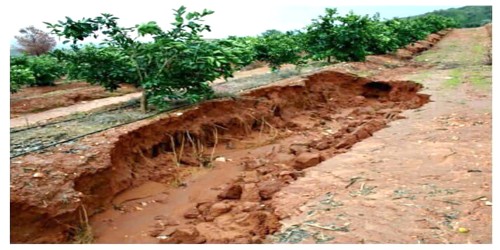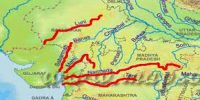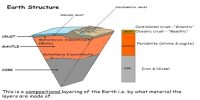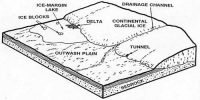Soil Erosion in Indian Subcontinent
The destruction of the soil cover is described as soil erosion. It is a naturally occurring process that affects all landforms. The soil forming processes and the erosion processes of running water and wind go on simultaneously. But generally, there is a balance between these two processes. The rate of removal of fine particles from the surface is the same as the rate of addition of particles to the soil layer.
Sometimes, such a balance is disturbed by natural or human factors, leading to a greater rate of removal of soil. Human activities too are responsible for soil erosion to a great extent. As the human population increases, the demand on the land also increases. Forest and other natural vegetation are removed for human settlement, for cultivation, for grazing animals, and for various other needs.
Soil erosion is a serious problem for Indian agriculture and its negative effects are seen in other spheres also. Eroded materials are carried down to rivers and them lower down their carrying capacity and cause frequent floods and damage to agricultural lands.
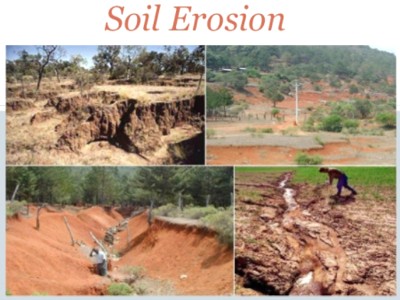
Deforestation is one of the major causes of soil erosion. Plants keep soils bound in locks of roots, and thus, prevent erosion. They also add humus to the soil by shedding leaves and twigs. Forests have been denuded practically in most parts of India but their effects on soil erosion are more in hilly parts of the country.
A fairly large area of arable land in the irrigated zones of India is becoming saline because of over-irrigation. The salt lodged in the lower profiles of the soil comes up to the surface and destroys its fertility. Chemical fertilizers in the absence of organic manures are also harmful to the soil. Unless the soil gets enough humus, chemicals harden it and reduce its fertility in the long run. This problem is common in all the command areas of the river valley projects, which were the first beneficiaries of the Green Revolution. According to estimates, about half of the total land of India is under some degree of degradation.
Every year, India loses millions of tonnes of soil and its nutrients to the agents of its degradation, which adversely affects our national productivity. So, it is imperative to initiate immediate steps to reclaim and conserve soils.
